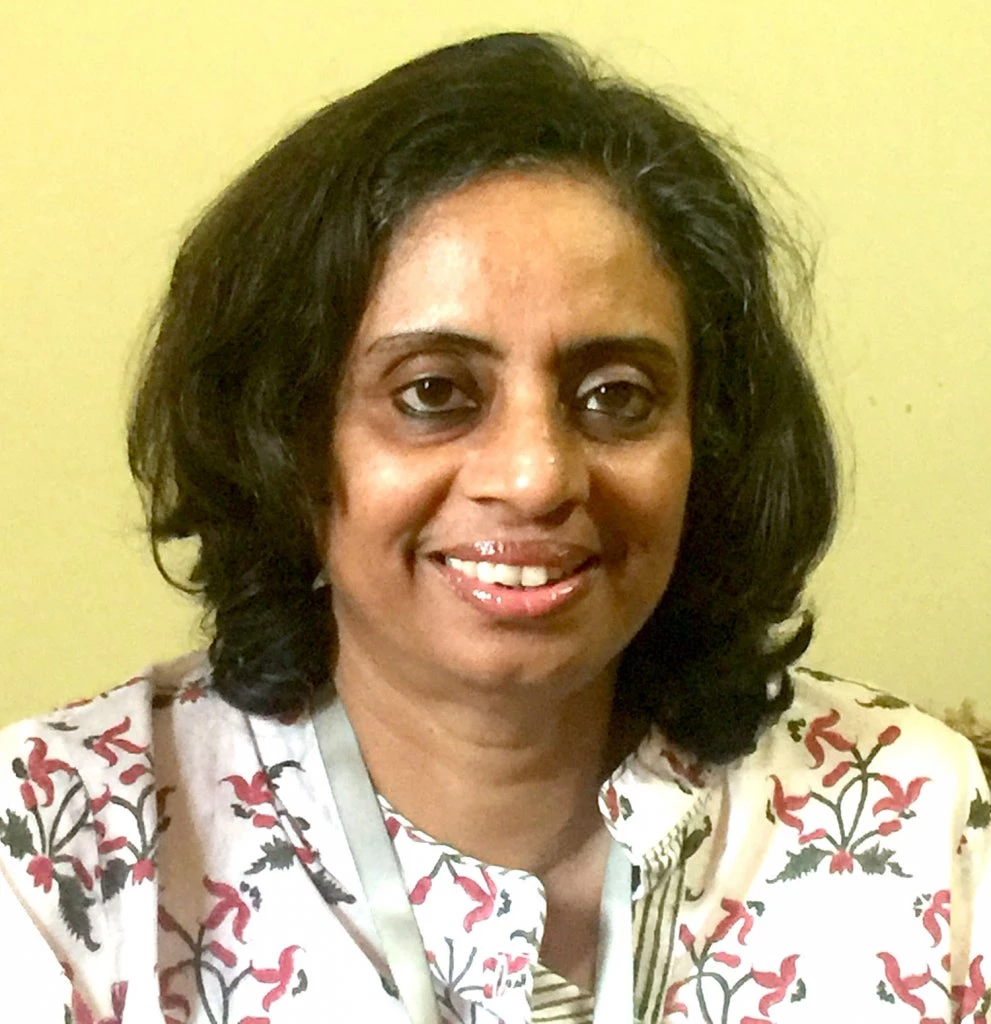While global economic growth has been sluggish in recent years, Africa has been growing. We’ve seen a resurgence of traditional sectors such as agriculture and the extractive industries as well as promising new ones such as ICT. Not surprisingly, these booming sectors need highly skilled technicians, engineers, medical workers, agricultural scientists and researchers. Yet large numbers of African graduates remain unemployed as their skills are often not in line with industry requirements.
African countries are keen to bridge this “skills” gap, and new partner countries such as China, India, Brazil and Korea are willing to help. We recently brought together ministers from nine African countries and partner representatives in Addis Ababa to explore a potential partnership on skills development in applied science, engineering and technology, and I am delighted to report that we’ve made a lot of progress. Following early interest expressed during consultations with these countries, I think there was a strong commitment from all sides to align various ongoing and future skills development activities according to the individual priorities of each African economy. To my mind, this is very important, not least because more people living in African countries need to benefit more from widespread economic growth across the continent, and to possess the right skills to take advantage of new employment opportunities.
At the workshop, over 90 participants from Ethiopia, Guinea, Liberia, Mozambique, Nigeria, Rwanda, Senegal, Sudan and Tanzania; as well as the four partner countries— brainstormed about ways in which their shared knowledge and experience can help Africa upgrade skills. They came from governments, academia, and, of course, the private sector. As foreign direct investment increases from new partners into African economies, it is a “win-win” situation for both if the right skills can be rapidly developed locally. The proposed PASET partnership could, with support from the World Bank Group, provide a strong framework for this collaboration on skills that can be developed along a continuum from vocational training to professional and scientific training.
This short video features ministers and other participants at the Addis Ababa meeting, expressing their views ad expectations regarding what countries need and what partners can offer. It gives you a flavor of the many conversations that were made possible during the three-day workshop. I was very encouraged by the fact that, at the end of our time in Addis Ababa, all African countries presented action plans with concrete ideas about next steps. This workshop was just the beginning of what I hope will be a very useful effort. We are exploring follow-up events to bring together private sector representatives from partner countries, ministries of finance and sector ministries involved in skills development. We will also bring together workshop participants in about a year’s time to review progress and to exchange implementation experience.
RELATED:


Join the Conversation